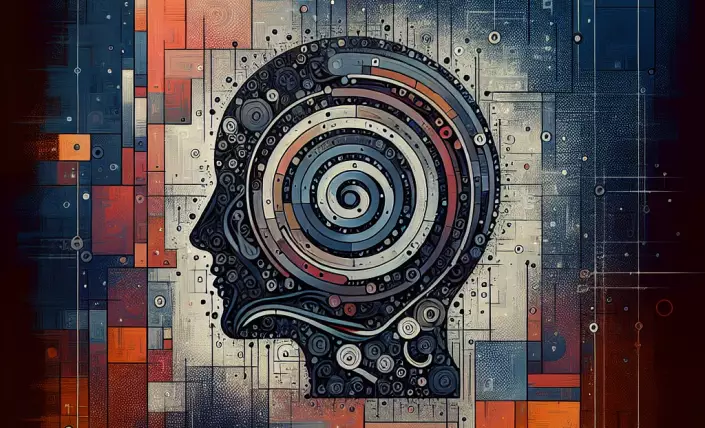In the bustling agora of ancient Athens, a man in simple garments engaged in conversations that would shape the course of Western philosophy. This man, Socrates, was less concerned with imparting knowledge than with the process of inquiry itself. His method, now known as the Socratic Method, was revolutionary in its focus on dialogue and questioning to stimulate critical thinking and illuminate ideas. At the core of Socratic philosophy is the embrace of uncertainty—a radical notion even by today’s standards. Why would anyone willingly embrace uncertainty, especially in a world that craves the comfort of absolutes and the security of definitive answers? Yet, it is precisely this willingness to dwell in the unknown that offers profound insights into the human condition and the art of living.
Uncertainty, often perceived as a weakness or a flaw, is in fact a potent tool for personal growth and intellectual development. Socrates' famous declaration, "I know that I know nothing," encapsulates this idea. It is not a resignation to ignorance but a recognition of the limits of one's knowledge and an invitation to perpetual questioning. In this light, uncertainty becomes a catalyst for inquiry, driving individuals to explore new ideas, challenge established norms, and confront their own biases. By acknowledging what we do not know, we open ourselves to new possibilities and deeper understanding, transforming our approach to life itself. The pursuit of wisdom, then, is not about accumulating facts but about refining the questions we ask—a journey that is both humbling and empowering.
Embracing uncertainty requires courage, as it challenges us to step outside the comfort zones of our preconceived notions and societal expectations. It demands that we confront the existential discomfort of not having all the answers. Yet, in doing so, we develop resilience and adaptability, qualities essential for navigating the complex and ever-changing landscape of modern life. In a world where information is abundant but wisdom is scarce, the Socratic embrace of uncertainty is more relevant than ever. It encourages us to engage in dialogues that transcend superficial understanding, fostering a culture of critical thinking and open-mindedness. By cultivating an attitude of inquiry, we not only enrich our own lives but also contribute to a more thoughtful and reflective society. The power of uncertainty lies in its ability to transform fear into curiosity, leading us to a deeper appreciation of life's mysteries and a more authentic connection with the world around us.










